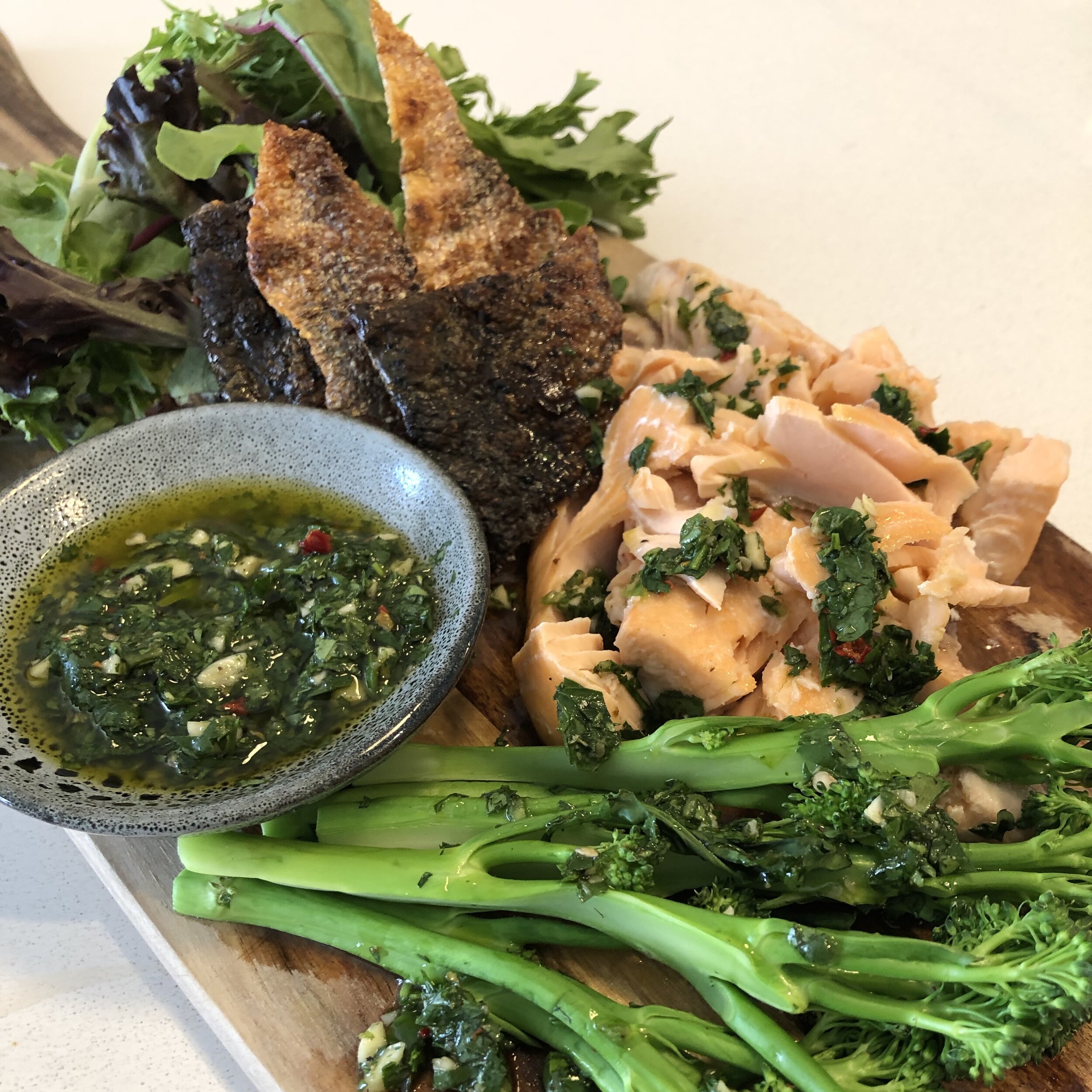OMEGA 3's…
WHAT ARE OMEGA-3s.. AND WHY ARE THEY SO IMPORTANT?
Omega-3s are polyunsaturated fatty acids (PUFAs) which play many essential roles in the body, including but not limited to:
· Helping form the structure of our cell membranes
· Providing our body with energy
· Producing anti-inflammatory chemicals (eicosanoids) that have wide-ranging functions in the body’s cardiovascular, immune and endocrine systems.
There are two main types of Omega-3s:
ALA – plant sources of omega 3s include: walnuts, flax seeds/oil, chia seeds, pumpkin seeds, hemp seeds
DHA/EPA – found in marine oily fish including salmon, anchovies, sardines, mackerel, herring and kippers. DHA is uniquely concentrated in our brains, retina and sperm.
Whilst both types fill important anti-inflammatory roles within the body, only DHA supports cognitive development and function (e.g. supporting memory, learning & mood) as well as eye health and development making it particularly important during pregnancy and throughout childhood.
ALA does get transformed into DHA in the body however the conversion rate is relatively low (around 5-10%) ensuring that regular consumption of seafood and/or dietary supplementation is the only practical way to meet your daily DHA requirements.
These vary between 2-3 serves of oily marine fish per week. However, only around 20% of Australians are meeting this standard, so it’s vital that we increase the frequency of DHA source consumption. The good news is that most grocery/health food stores offer a wide selection of canned, wild and sustainably caught/farmed fish at very reasonable prices allowing this to be a convenient, economical and ecological (not to mention delicious!) change to make.
Supplements: If you don’t consume fish due to dietary reasons or personal preference, it is highly recommended to invest in a high quality fish oil supplement or a micro-algae version (vegan substitute).
Bonus tip: studies have also shown that higher DHA/EPA consumption may help regulate mild and severe menstrual pain – eat more oily fish ladies!
Jules xo

